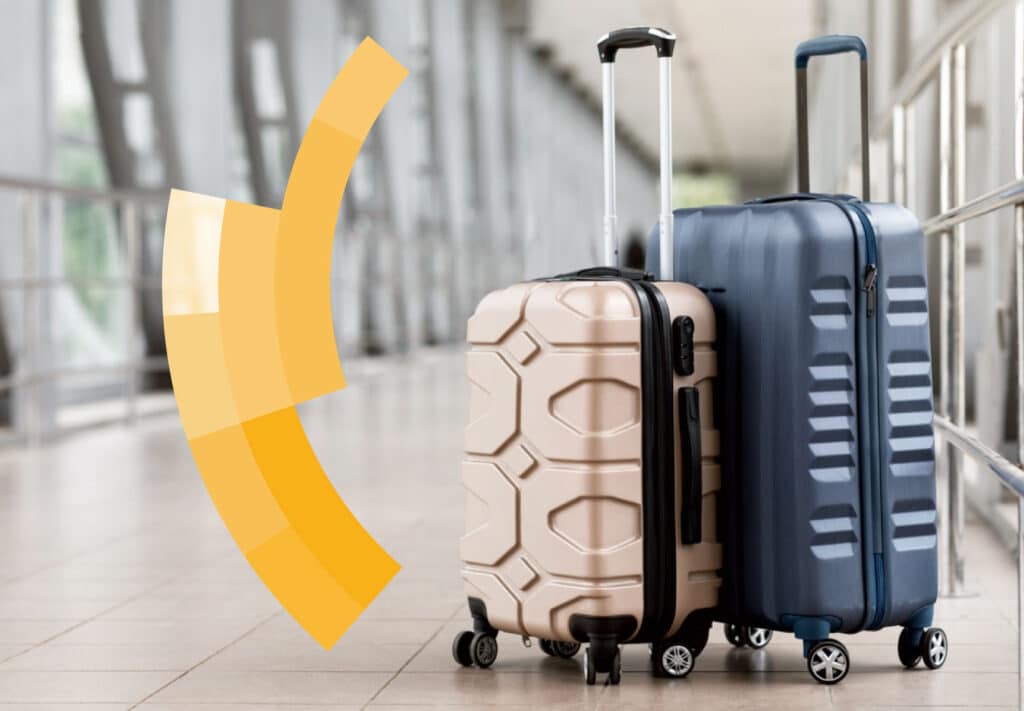
Chontara Thammasith
Medically Reviewed
Luma's Medical Team
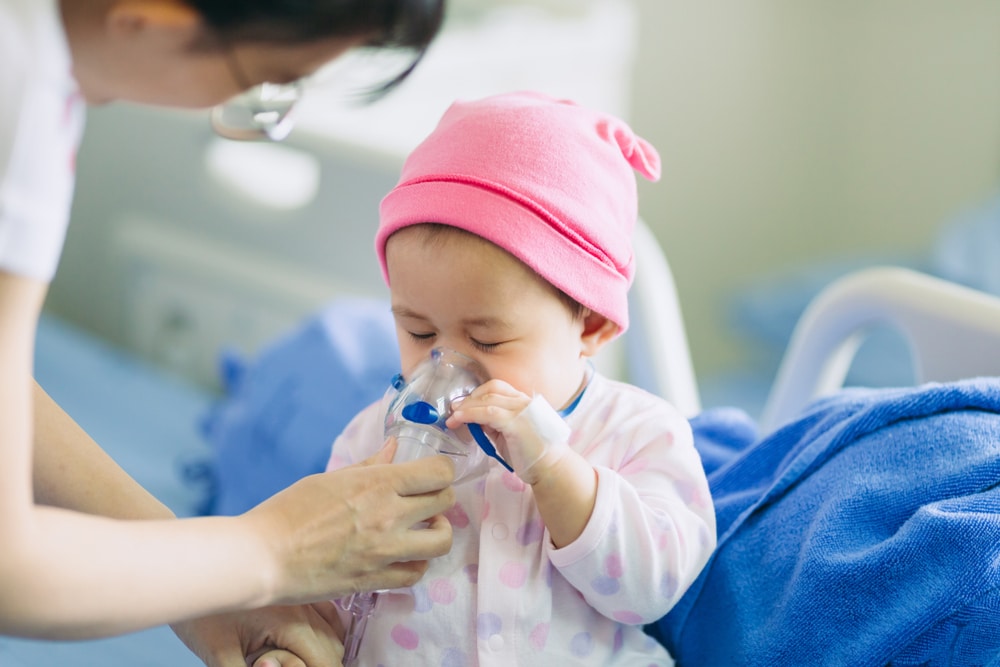
Now that the temperature in Thailand is relatively cooler, we need to be vigilant about nasty viruses that spread easily in cold weather. We already know that influenza proliferates in low temperatures, but parents with young children should also watch out for signs of respiratory syncytial virus (RSV).
Various cases of RSV infected children admitted to the ICU were reported across Thailand. This common winter viral illness is usually benign for healthy adults but can be highly contagious for children. In fact, it is the most common cause of respiratory illnesses for young children and infects almost all under-2s. Symptoms are usually mild but may be severe and even life threatening in children with risk factors (congenital heart or lung diseases, weakened immunity and premature infants). RSV bronchiolitis can also lead to increased risk of developing asthma in later childhood.
What are the symptoms of RSV?
The symptoms of RSV that parents should look out for are similar to those of a common cold, and include:
- Runny nose
- Coughing
- Sneezing
- Fever
- Decrease in appetite (both eating and drinking)
- Difficulty breathing, such as wheezing or panting
In severe cases, RSV can lead to bronchiolitis or pneumonia, especially in babies less than one year old.
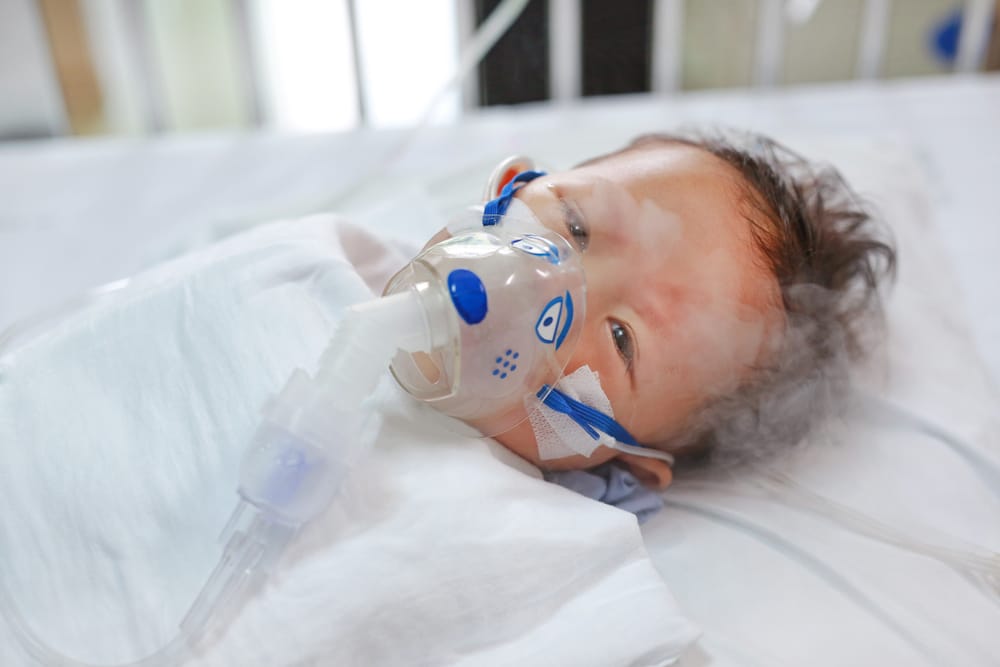
How is RSV transmitted?
As with colds and the flu, RSV is transmitted through personal contact such as kissing or touching, through droplets spread by coughing or sneezing or through touching contaminated surfaces such as doorknobs. A common route to infection is when older children pick it up at school and pass it on to younger siblings at home without knowing.
The incubation period is 4-6 days after infection and then the infected person can spread the virus for several weeks.
How to prevent RSV?
To protect your child from RSV, follow these common-sense hygienic activities:
- Wash hands with soap regularly and thoroughly
- Cough or sneeze in elbow or tissue
- Clean surfaces and toys, and wash clothes and bedding regularly
- Maintain social distancing with people with cold symptoms
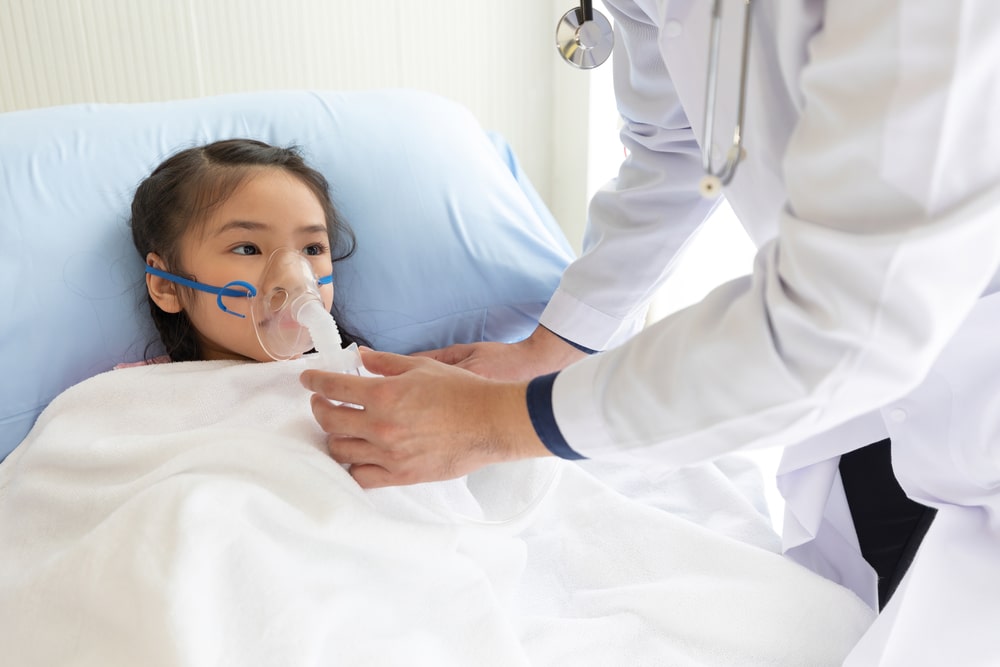
How to treat RSV?
At the moment, there is no vaccines for RSV. For mild cases, no special treatment is required; just take these precautionary steps:
- Do not send your child to school and keep the child at home
- Make sure your child drinks plenty of liquids (small amounts throughout the day to prevent dehydration
- Clean stuffy nose
- Clean surfaces regularly to prevent mold and bacteria growth
- If you use a humidifier, clean it daily according to the instructions of the machine
- Inform the child’s school so they can warn other parents of the potential danger of transmission
If you notice that your child has difficulty breathing, consult a doctor without delay. Diagnosis for RSV at the hospital is usually done with a cotton swab to the mouth or nose. In extreme cases which are fortunately not too frequent, hospitalization may be necessary for treatment with an intravenous drip, extra oxygen and medication to open the airway.
Hand Foot Mouth experienced by Lumanians
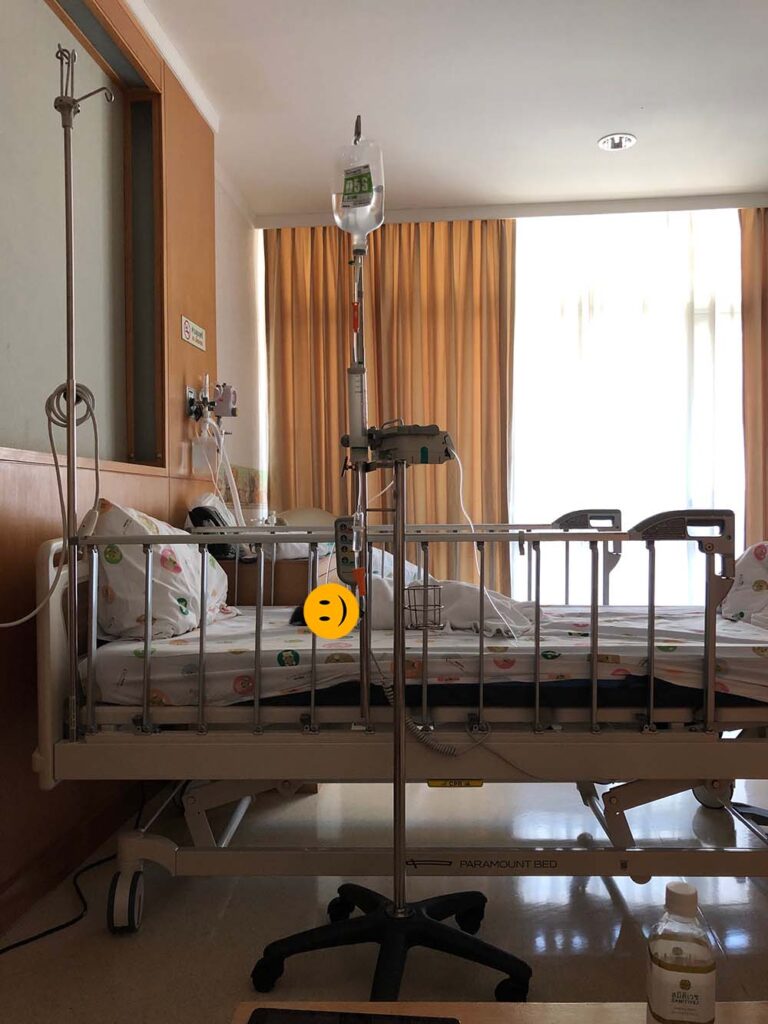
My younger son caught RSV in Thailand when he was not even 3 months old.
He started wheezing and could not sleep well while we were on holidays. I went to Bangkok Hospital Hua Hin to consult with a pediatrician. The Doctor prescribed some nebulizer treatment and showed me how to do a lung massage, and sent us back to the hotel.
Once back to Bangkok, I followed up with our pediatrician at Samitivej Sukhumvit who suggested to admit if my son could not sleep well at home, so at least the nurses could help monitor him.
So I admitted him at Samitivej Hospital in Bangkok. It was more for comfort than for medical necessity at first. Unfortunately, his condition worsen quickly and his oxygen level was getting quite low so he was transferred to ICU. The ICU stay lasted for 5 long days. Slowly, his oxygen level got back to normal and we could transfer to a normal inpatient room to monitor, until all was clear for us to leave the hospital.
There was a huge bill at the end of the stay but LUMA got it all covered under Direct Billing, so I had nothing to pay in advance. While my son stayed in the ICU, I kept the normal inpatient room to stay within the same building than him, and this was also covered in full by LUMA. On top of that, I got a nice call from the LUMA Customer Service Manager to reassure me I could go home and the insurance cleared the entire bill with the hospital already.
Thuyvan, Marketing Department



